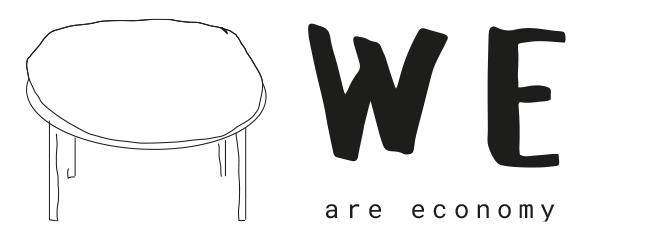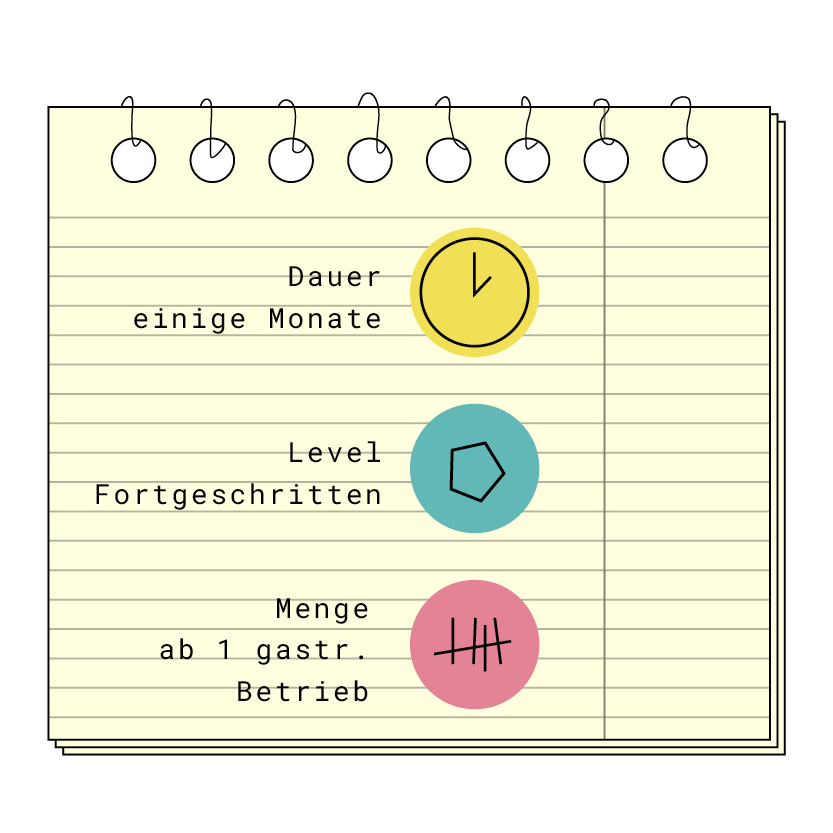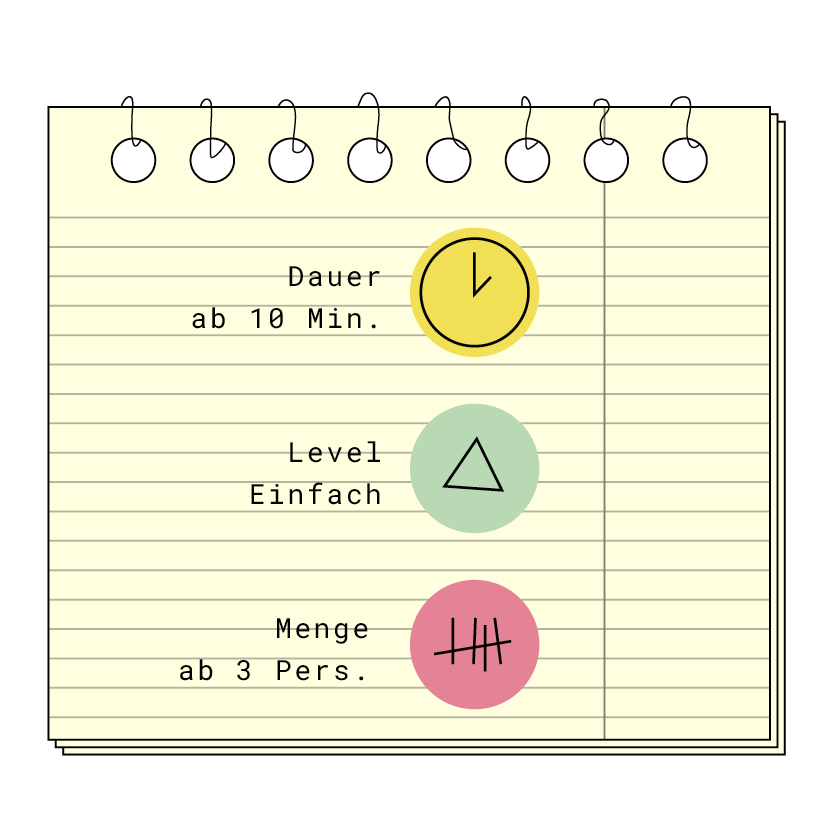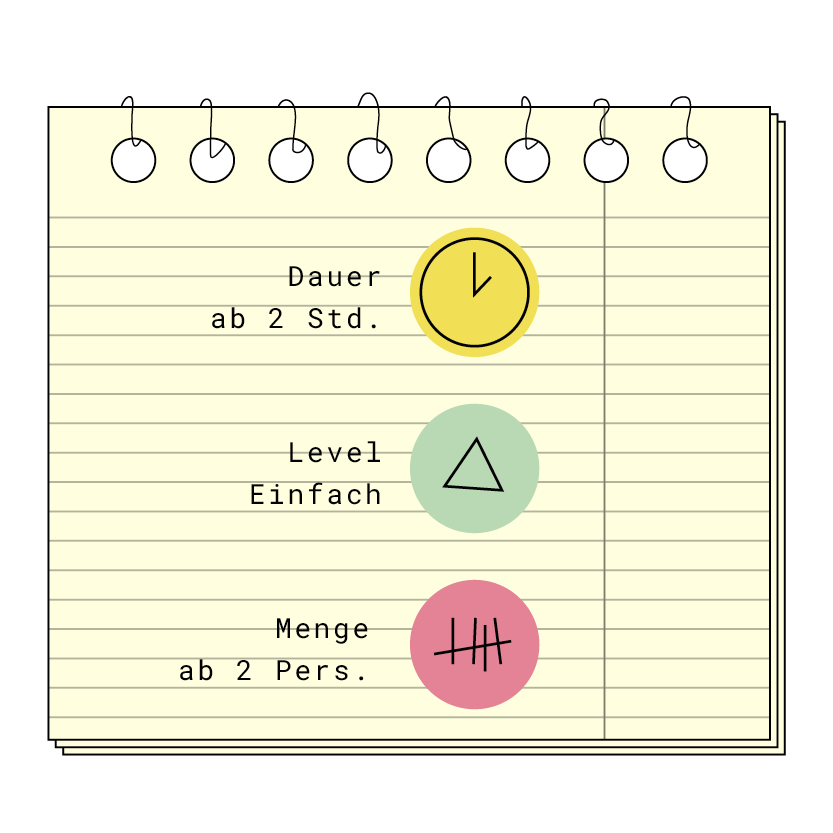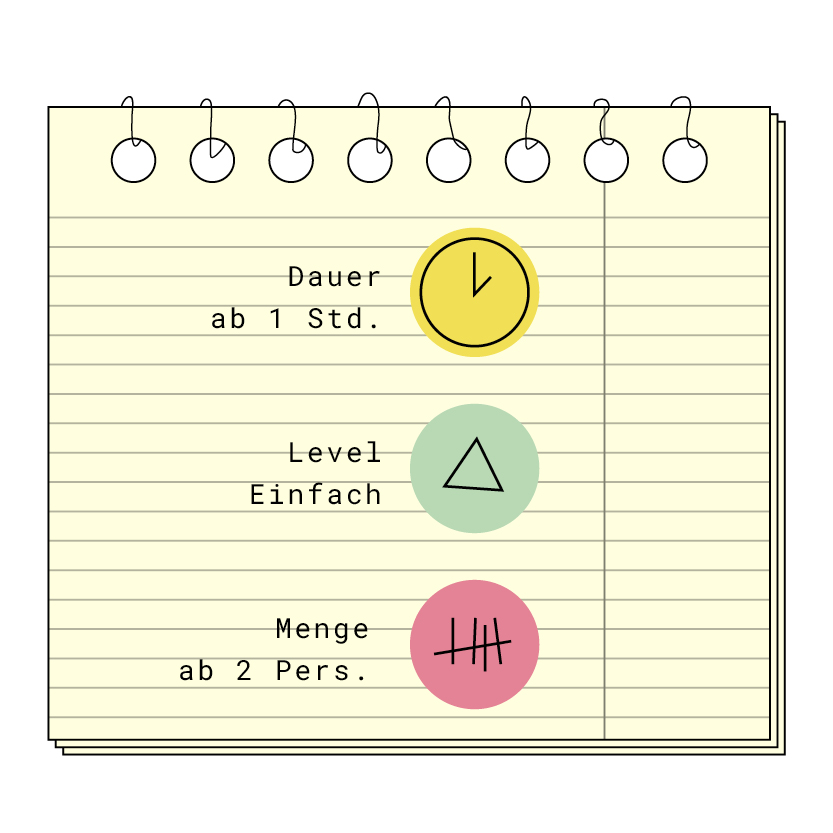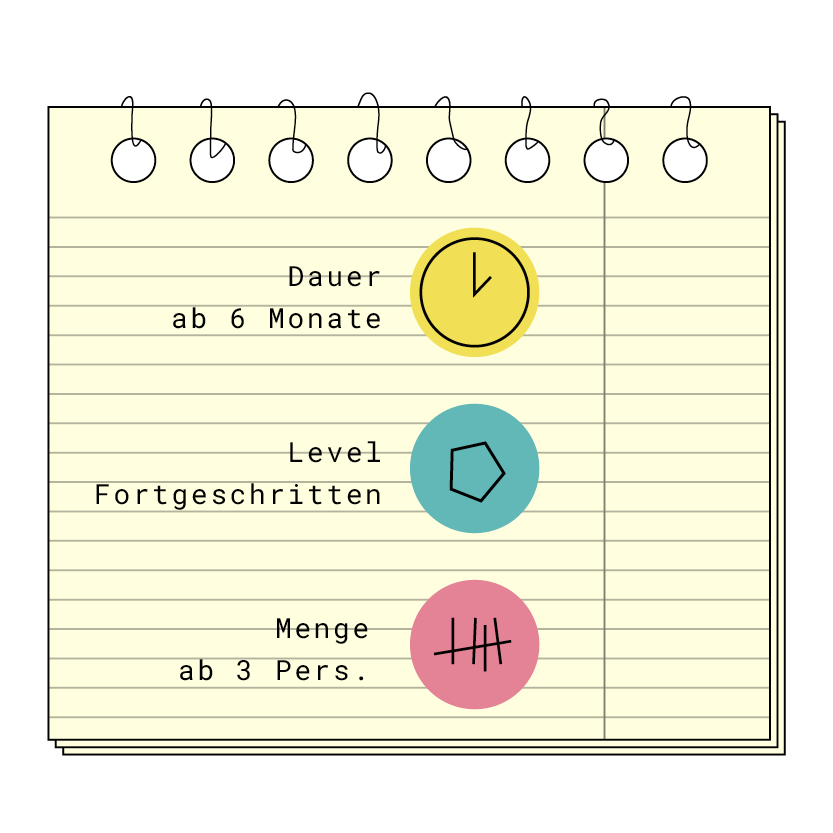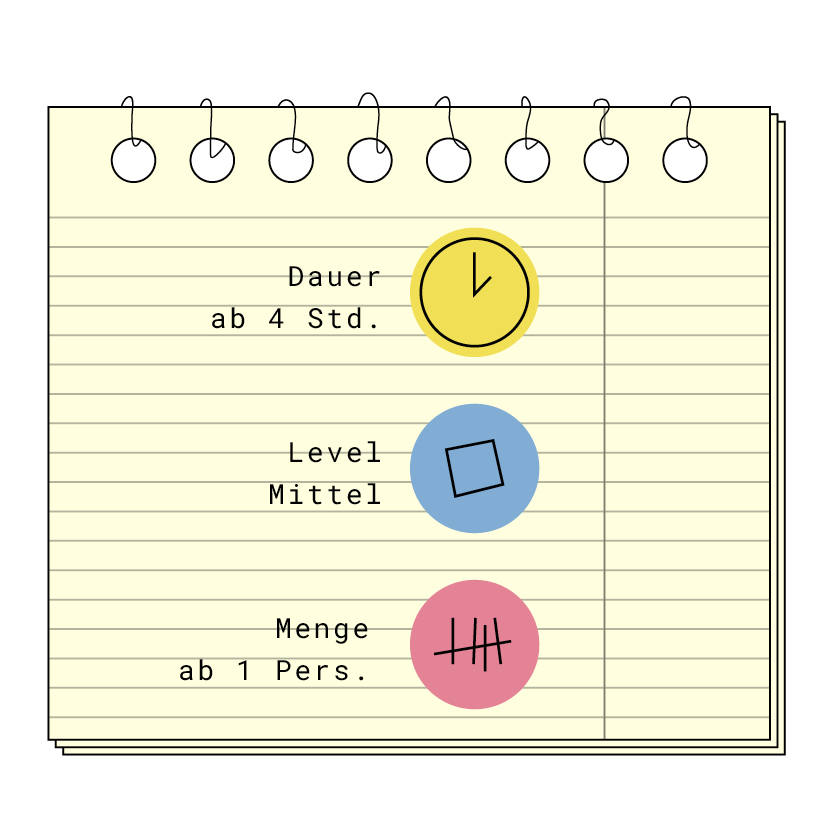* Creativity in the choice of recipe
* Willingness to cooperate
* Knowledge of vegetarian and vegan cuisine
* Courage and humor
* Communication skills
* Add as desired: Joy, passion, commitment
Sustainability tastes good - and pays off! The food service industry in particular shows how ecological and fair trade can go hand in hand with enjoyment and profitability.
Our recipe tip for your business: Regional. Seasonal. Organic. Fair. Waste-free.
Use fresh, preferably unprocessed (organic) ingredients from the region, supplemented by fair-trade products with a clear origin. Avoid food waste by using leftovers creatively and plan portions cleverly - e.g. with smaller portions of meat, but high-quality and consciously used.
Here are five specific tips for your sustainable day-to-day catering business:
1. Small but mighty: less meat - more flavor. Guests appreciate creative vegetarian alternatives or "less, but better".
Make your guests aware of the changes to your portions. Plan a day on which you present your new concept in finger-food style and create space and time to communicate your decision.
Inform your guests: Why are organic and regional products important? Invite an association that deals with this topic to a themed evening and serve your new dishes here.
2. Throw away less: Clear menu planning, flexible daily specials and good stock management reduce waste and costs.
Recipe your dishes precisely. Weigh every ingredient. Calculate the portions to be able to make accurate orders (cooking loss, dressing loss, peeling/paring loss etc.)
Set up a short meeting after the service: Which portions are too big? What is thrown away?
3. Good choice meets good effect: organic products, regional supply chains and Fairtrade ingredients make your kitchen sustainable.
Inform your guests about the change in your menu plan and take them with you on your journey. Turn your guests into co-creators. What ideas and specific suggestions do your guests have?
4. Reusable instead of garbage: use reusable straws, serve milk, jam or ketchup in glass containers instead of plastic portions - hygienic, stylish and environmentally friendly.
5. Celebrate sustainably: don't waste leftovers at weddings & events
- Provide guest containers
- cooperate with food rescue organizations
- offer leftovers via "Too Good To Go
Join us - for a gastronomy that has a future!
Have fun cooking!
Anyone who has tried or modified the recipe, feel free to comment!
This recipe is from
Frank and Marius
